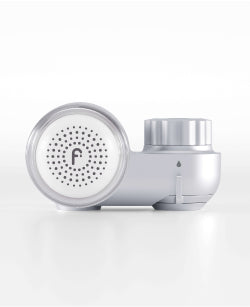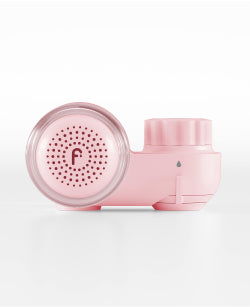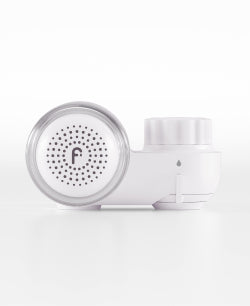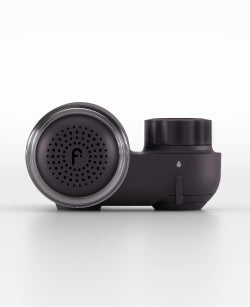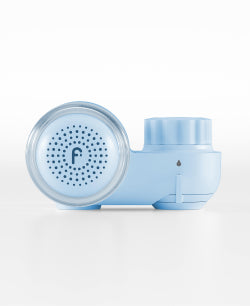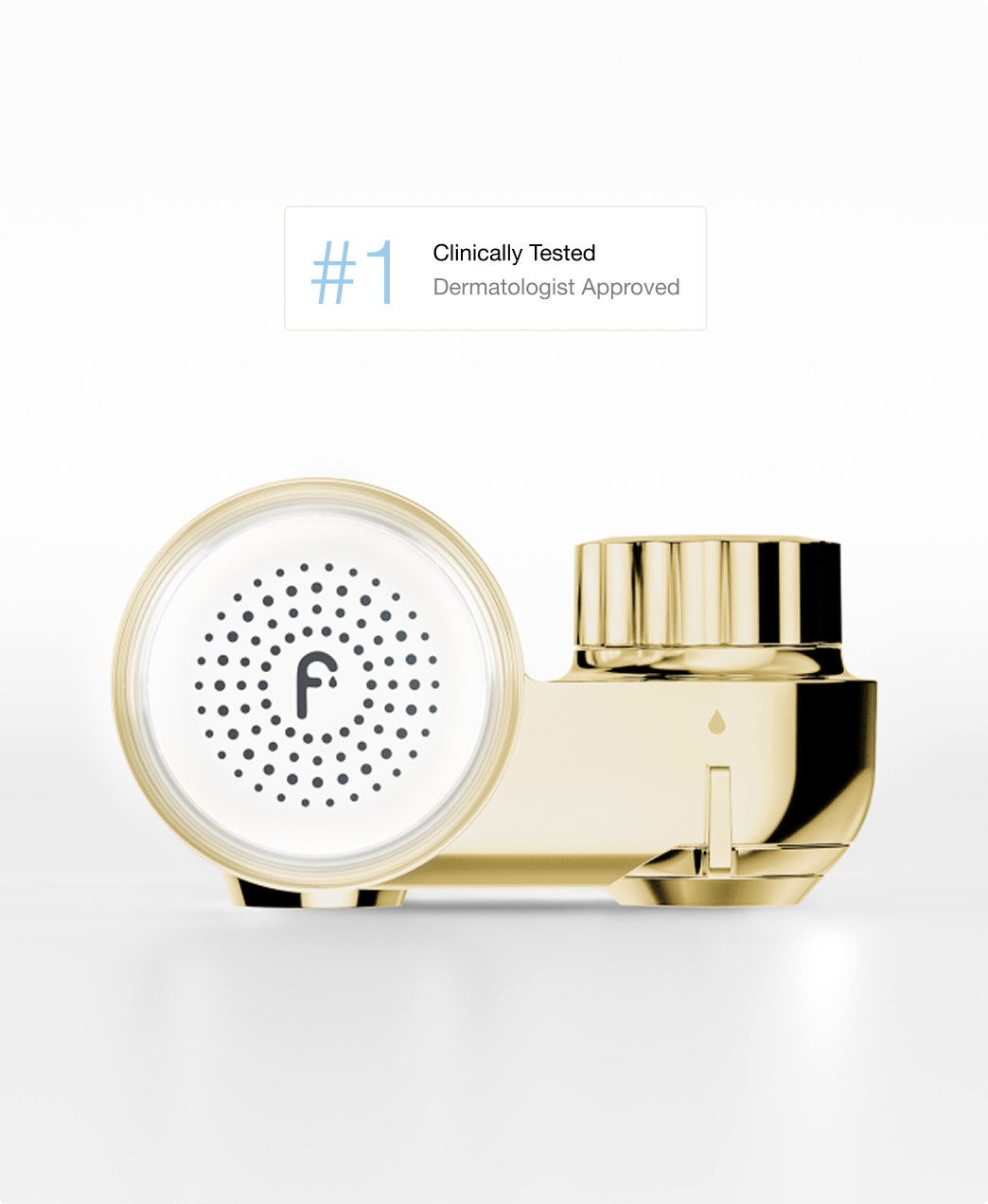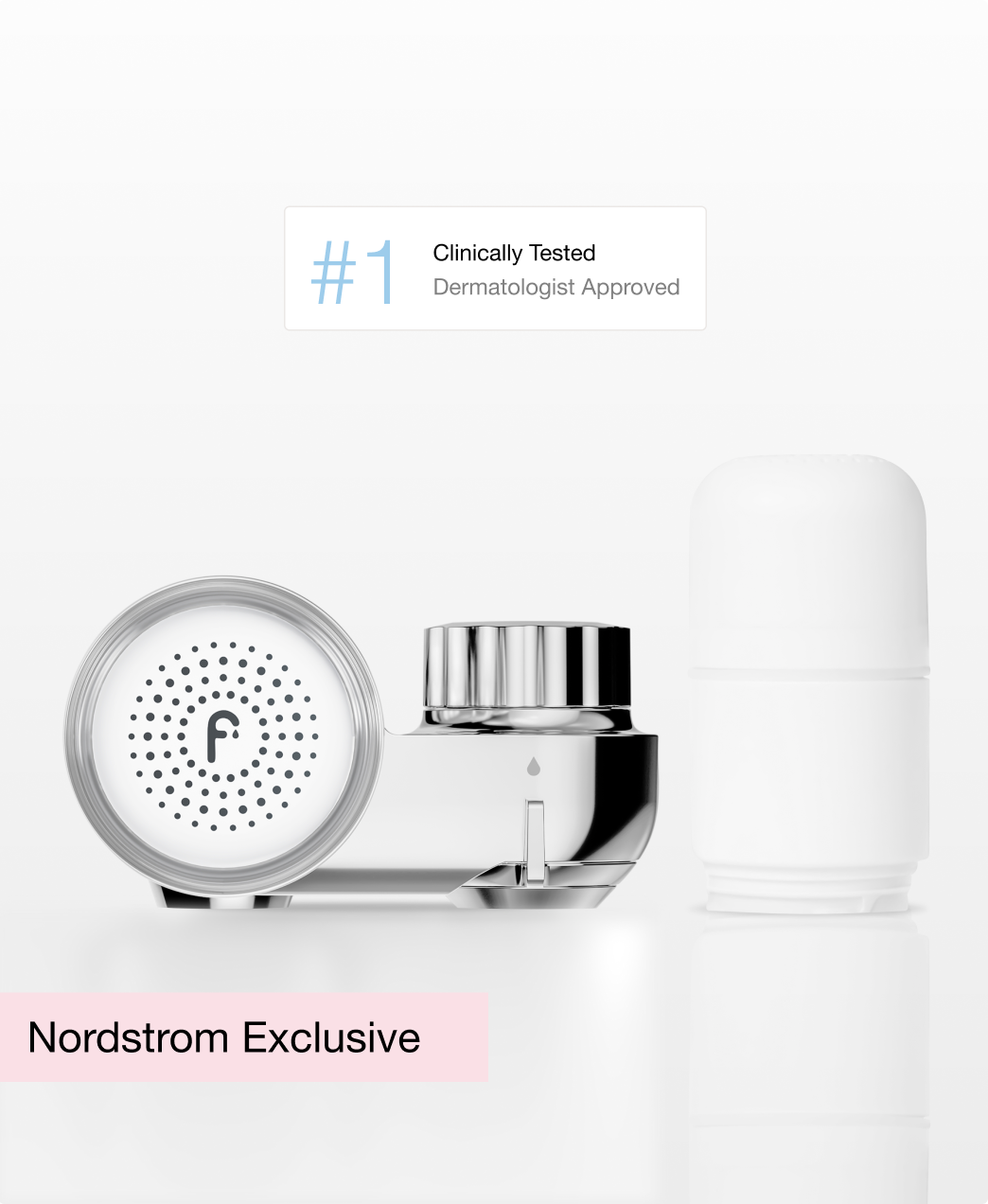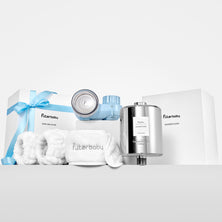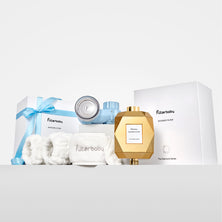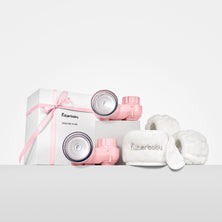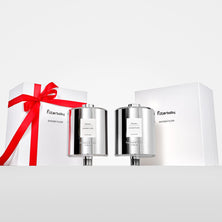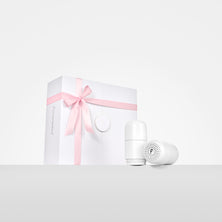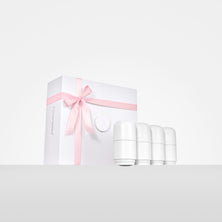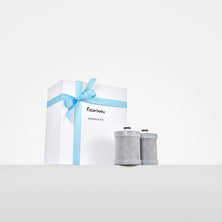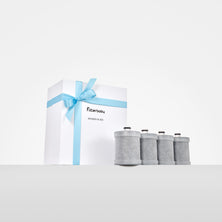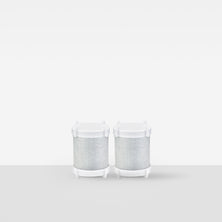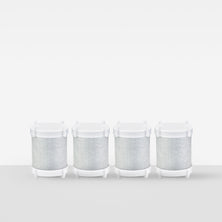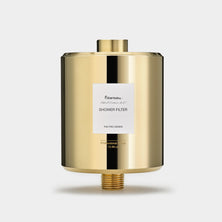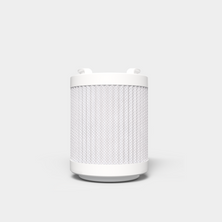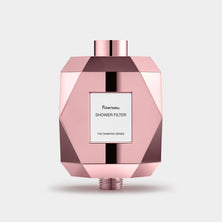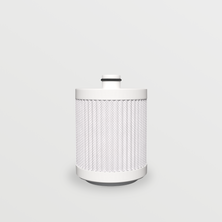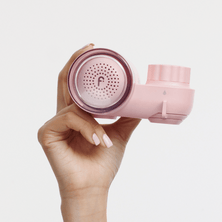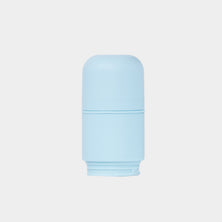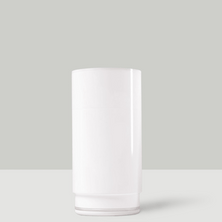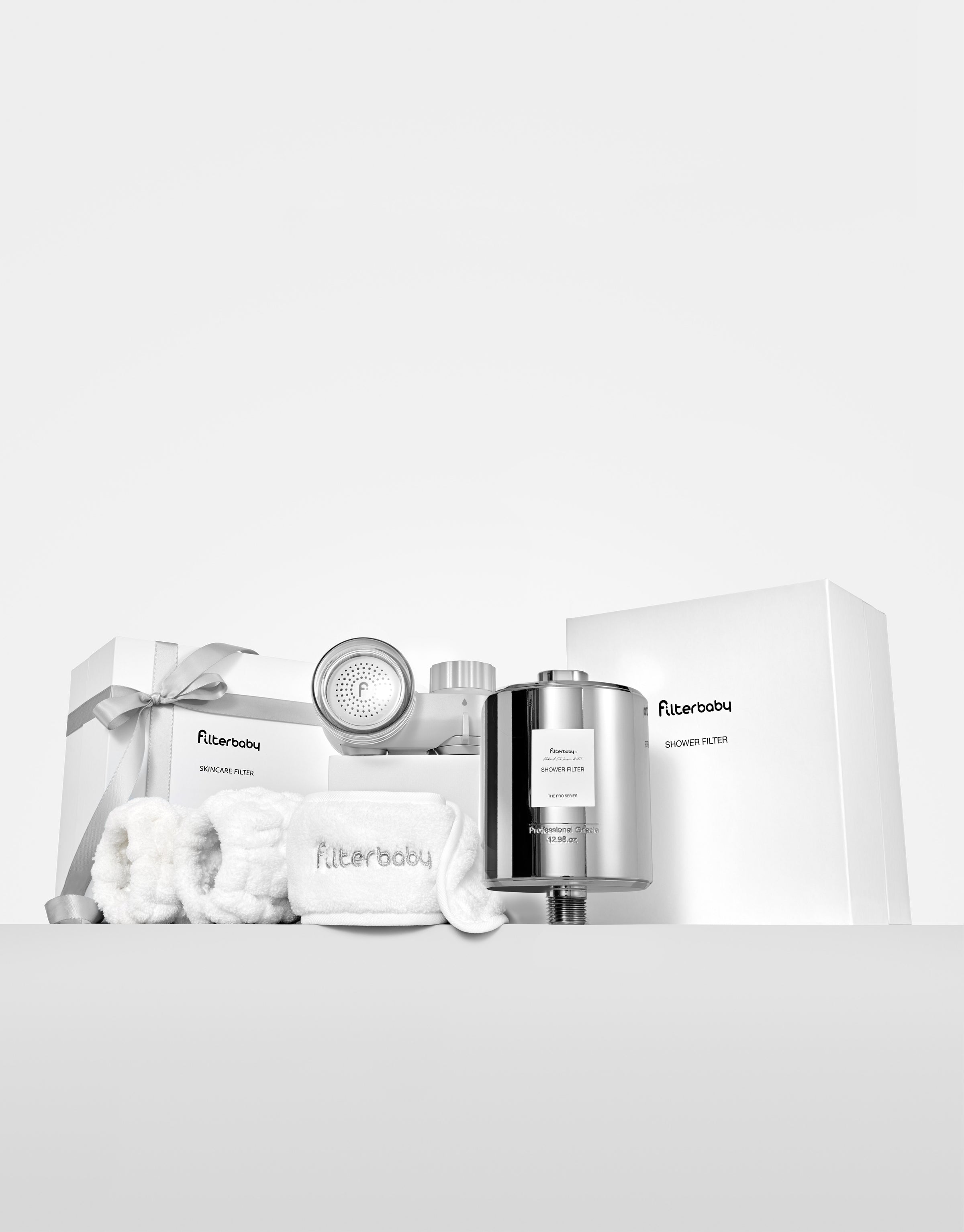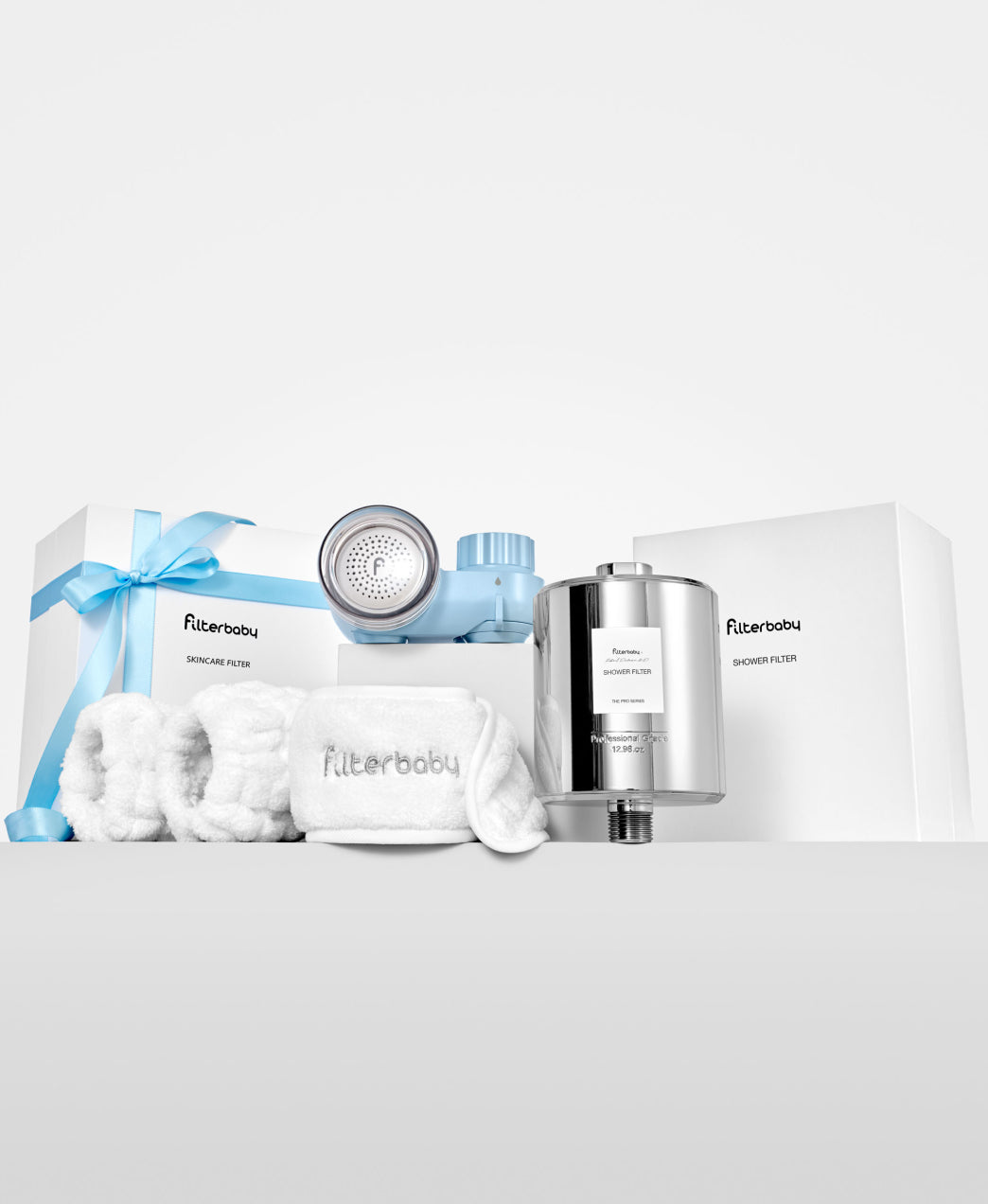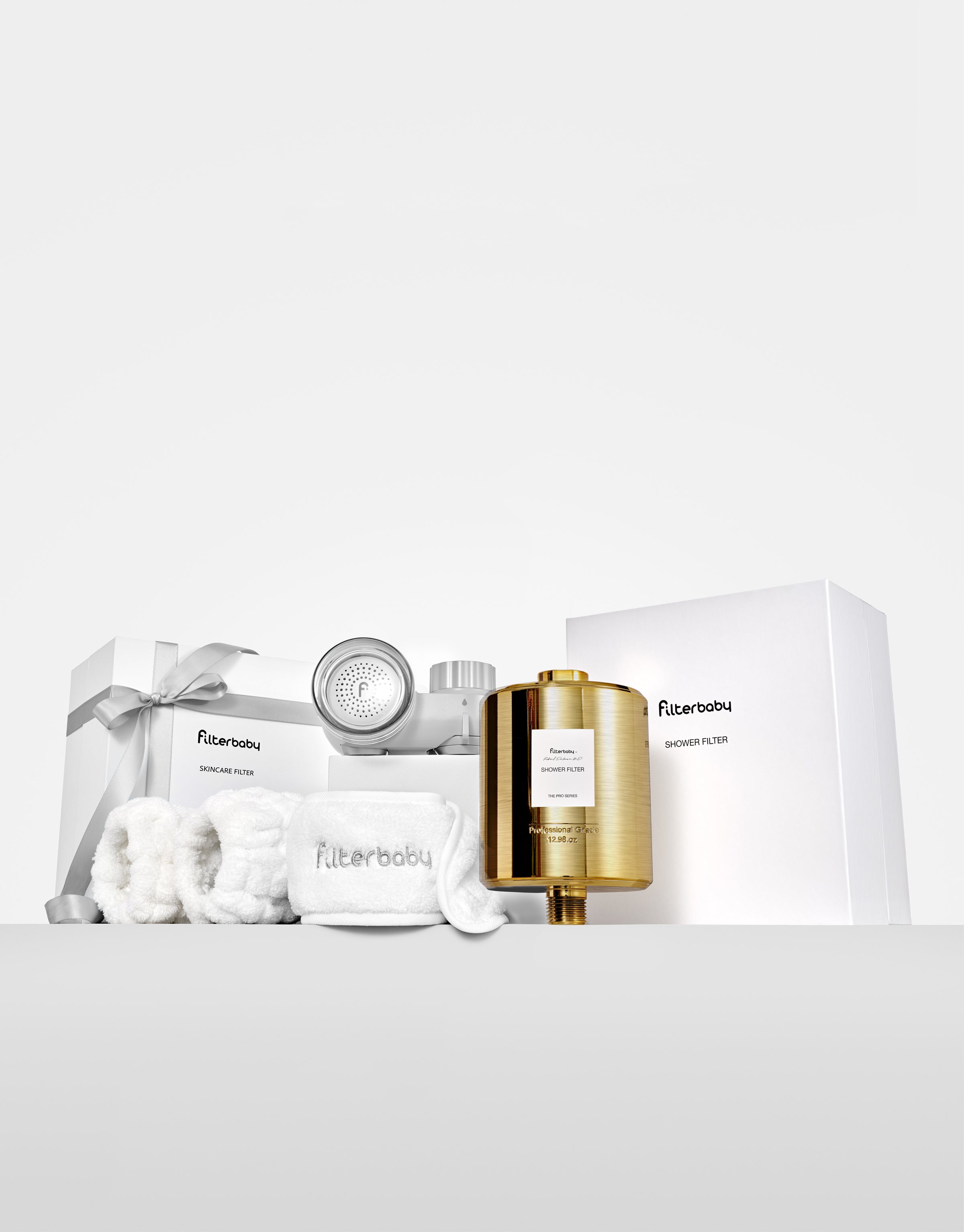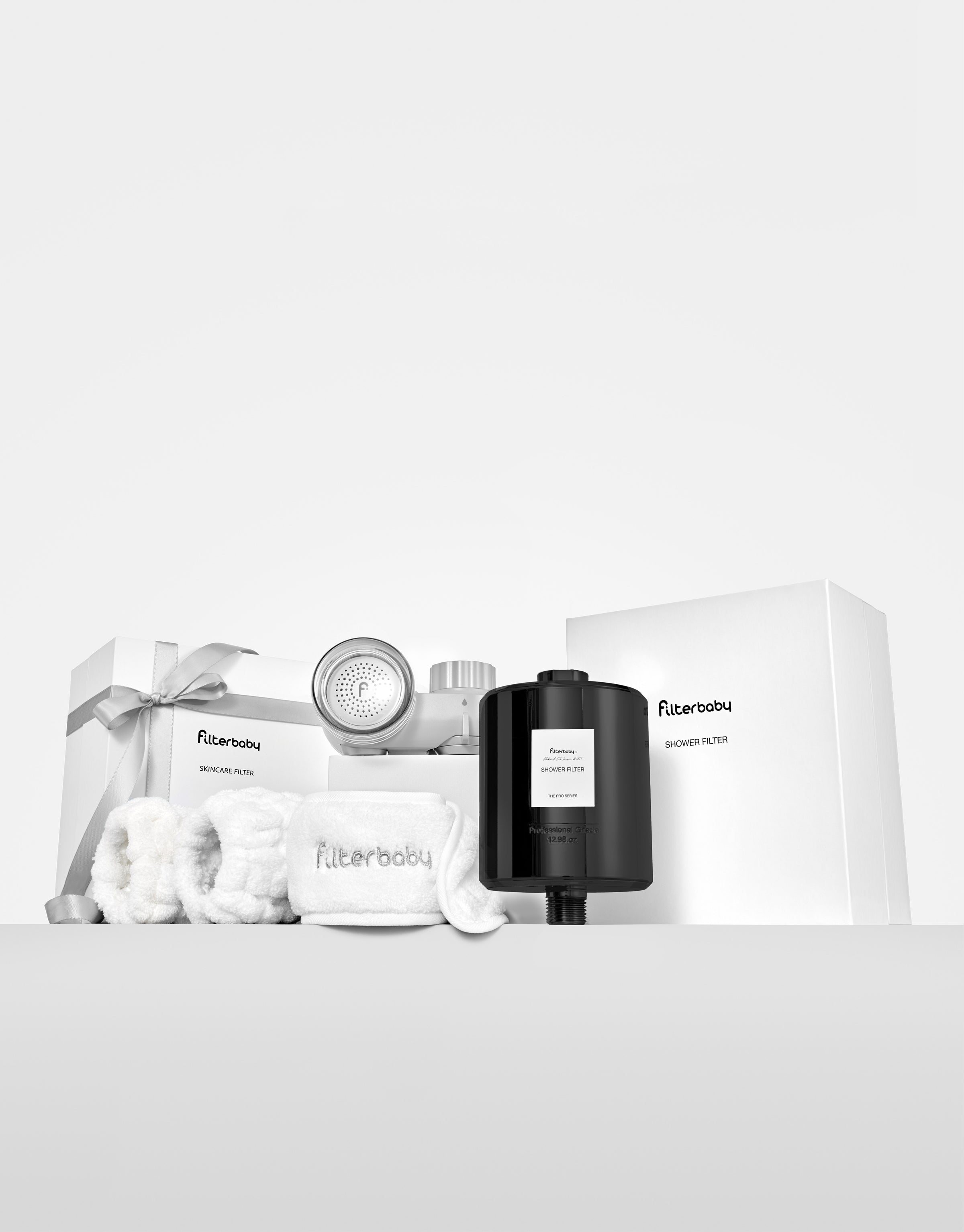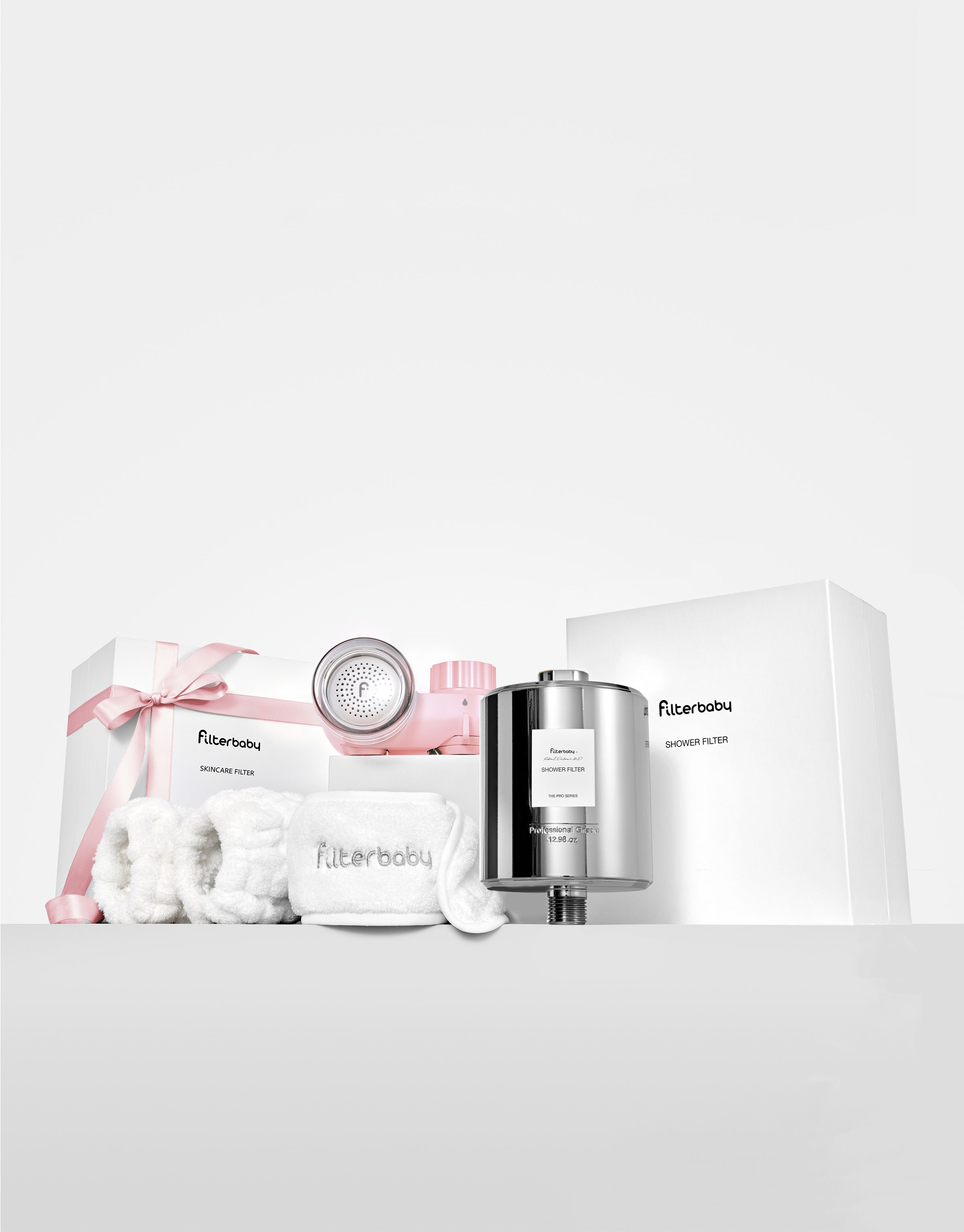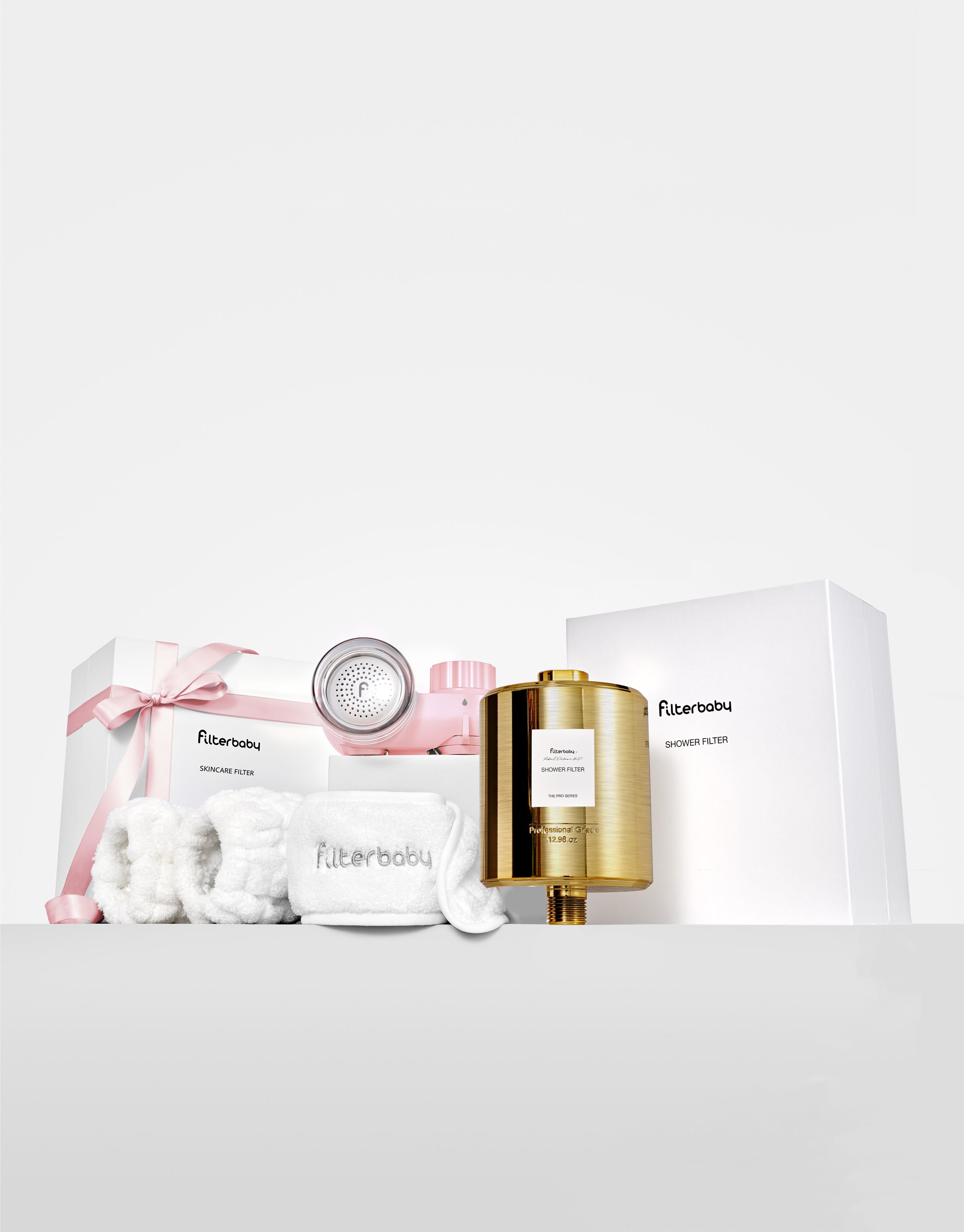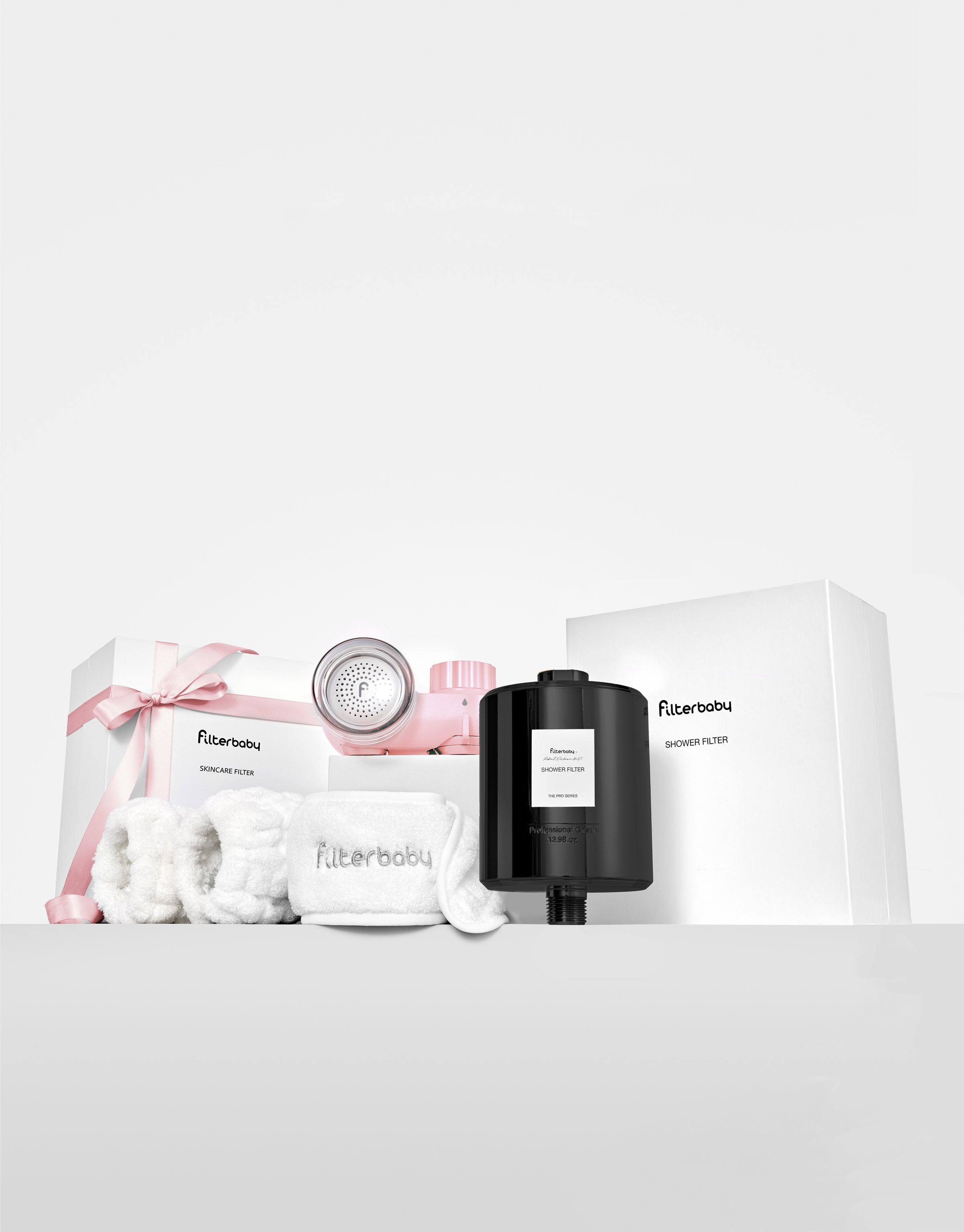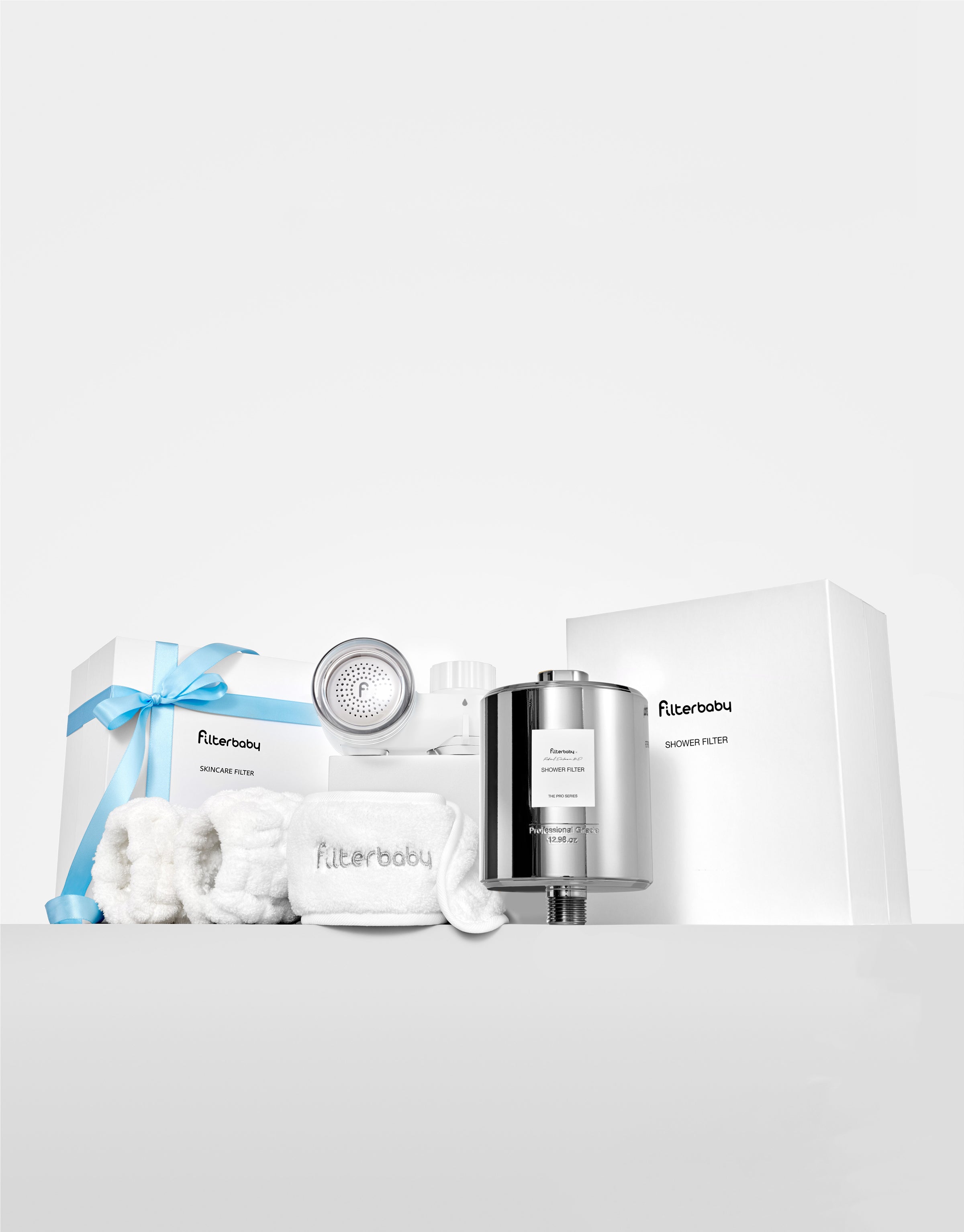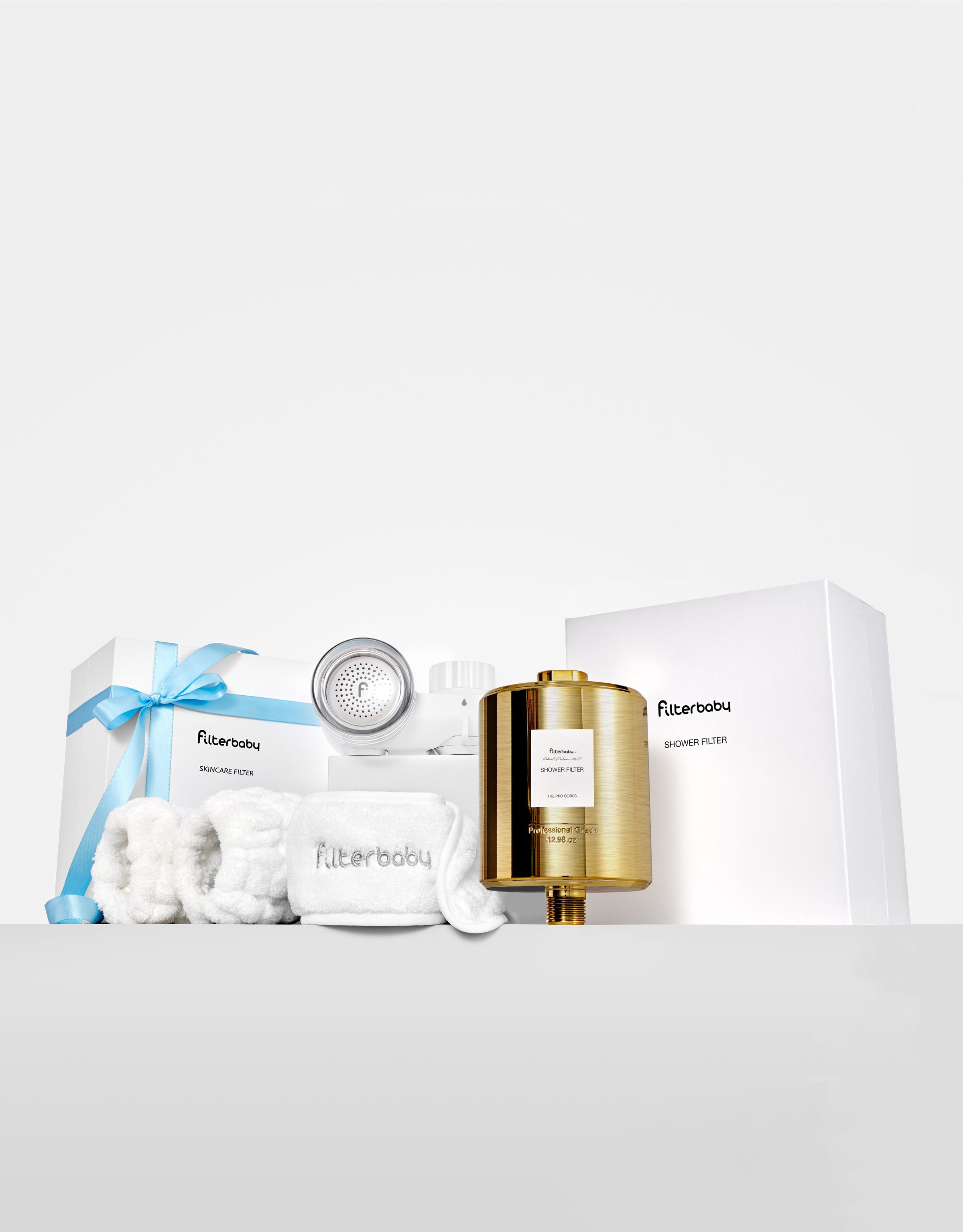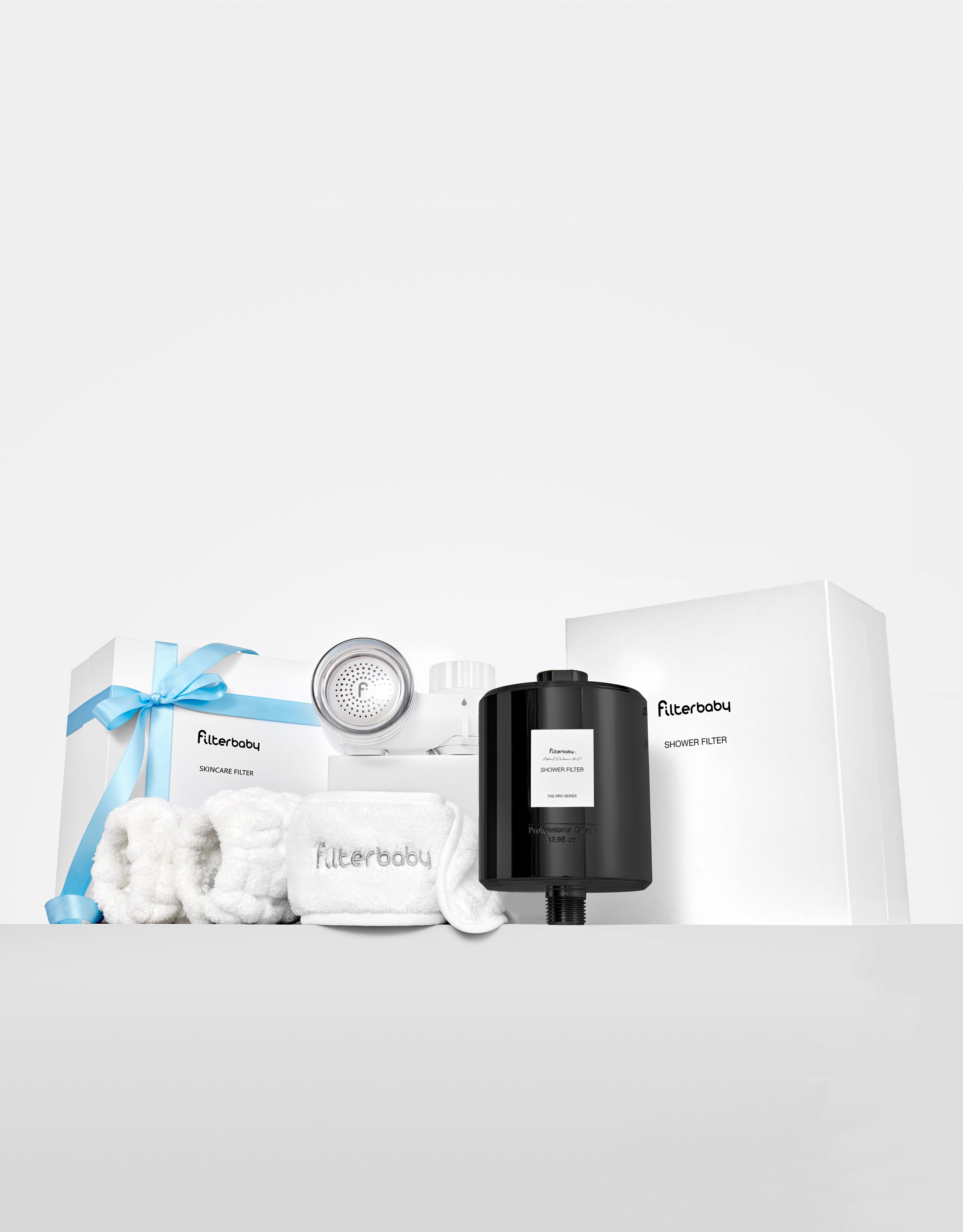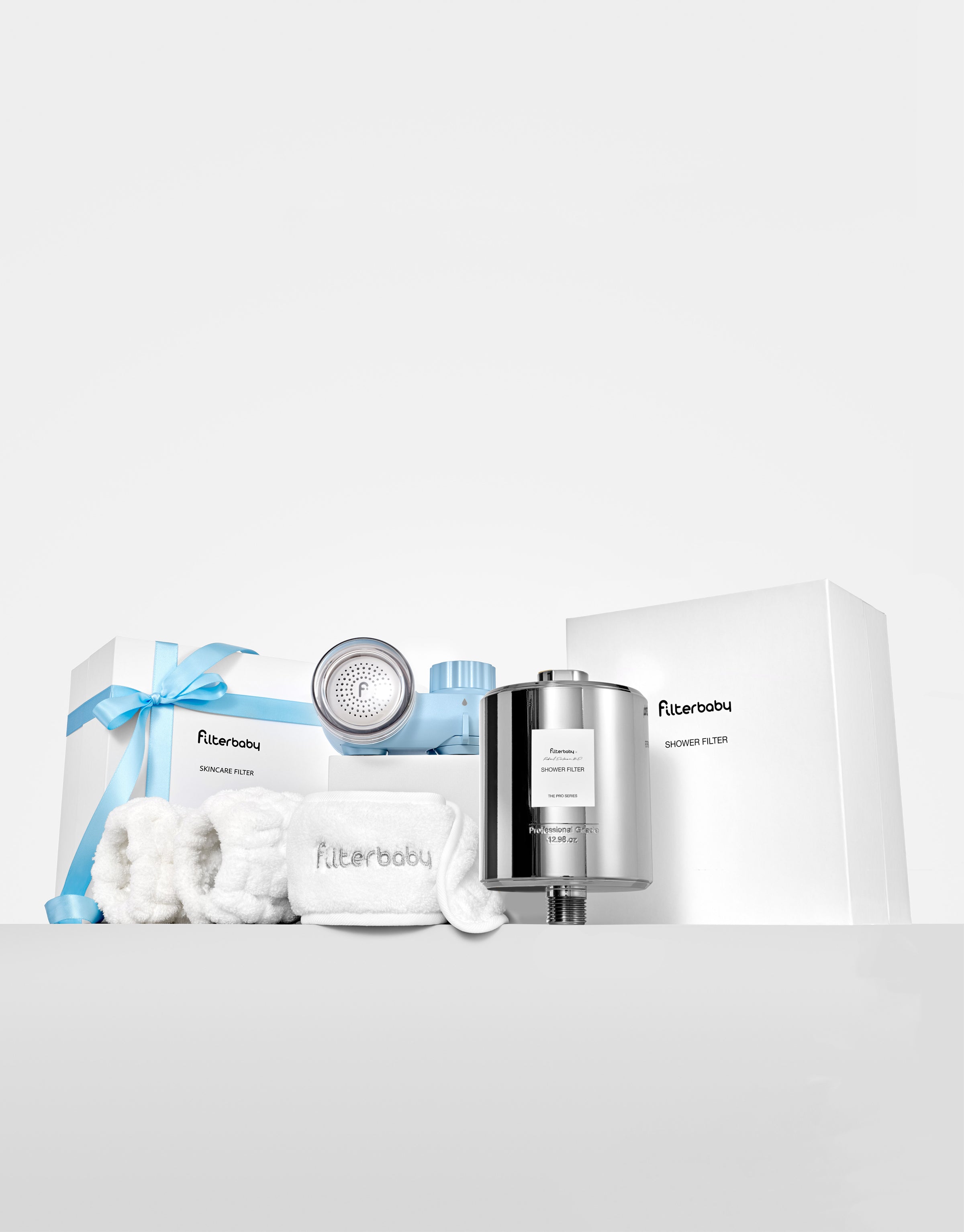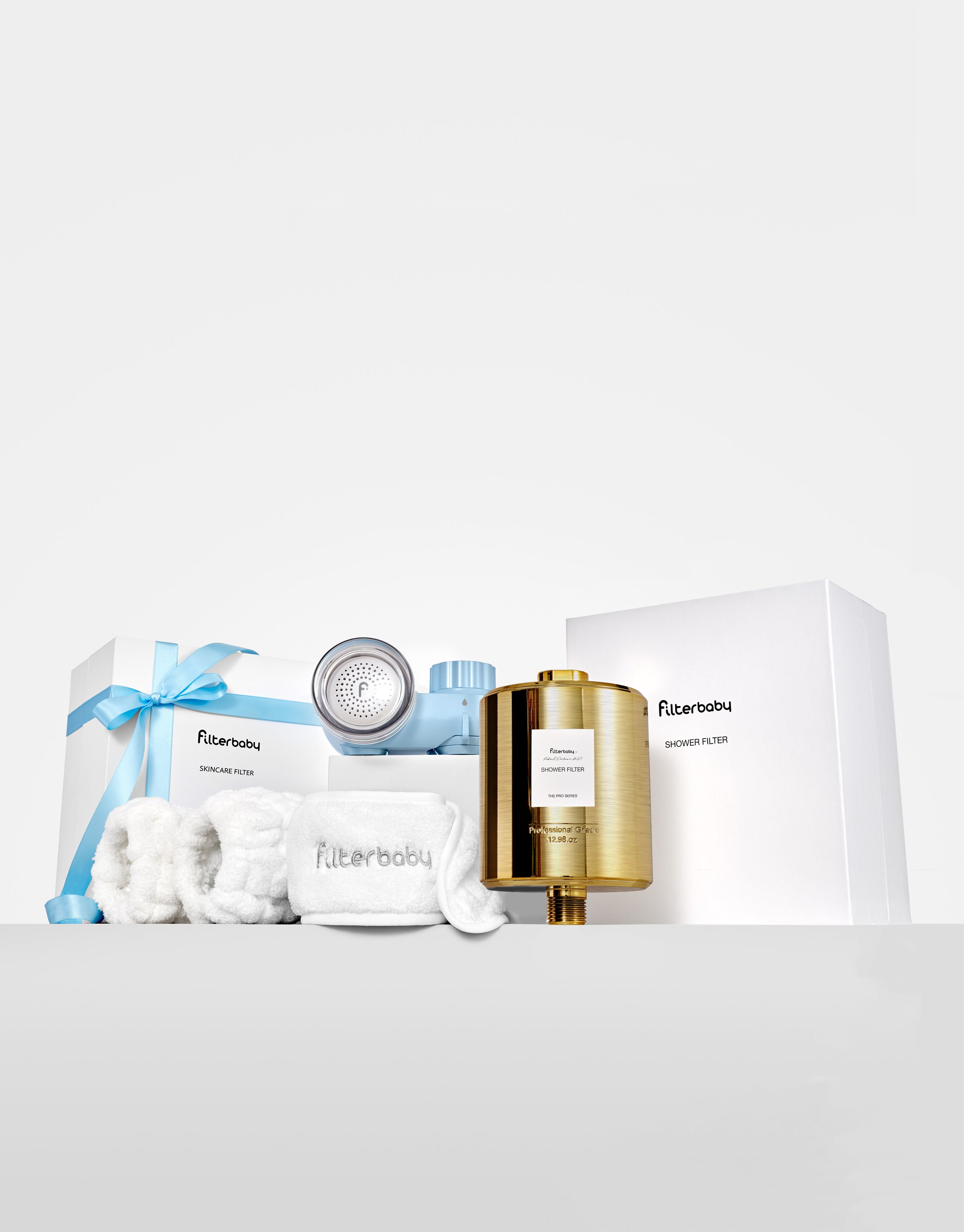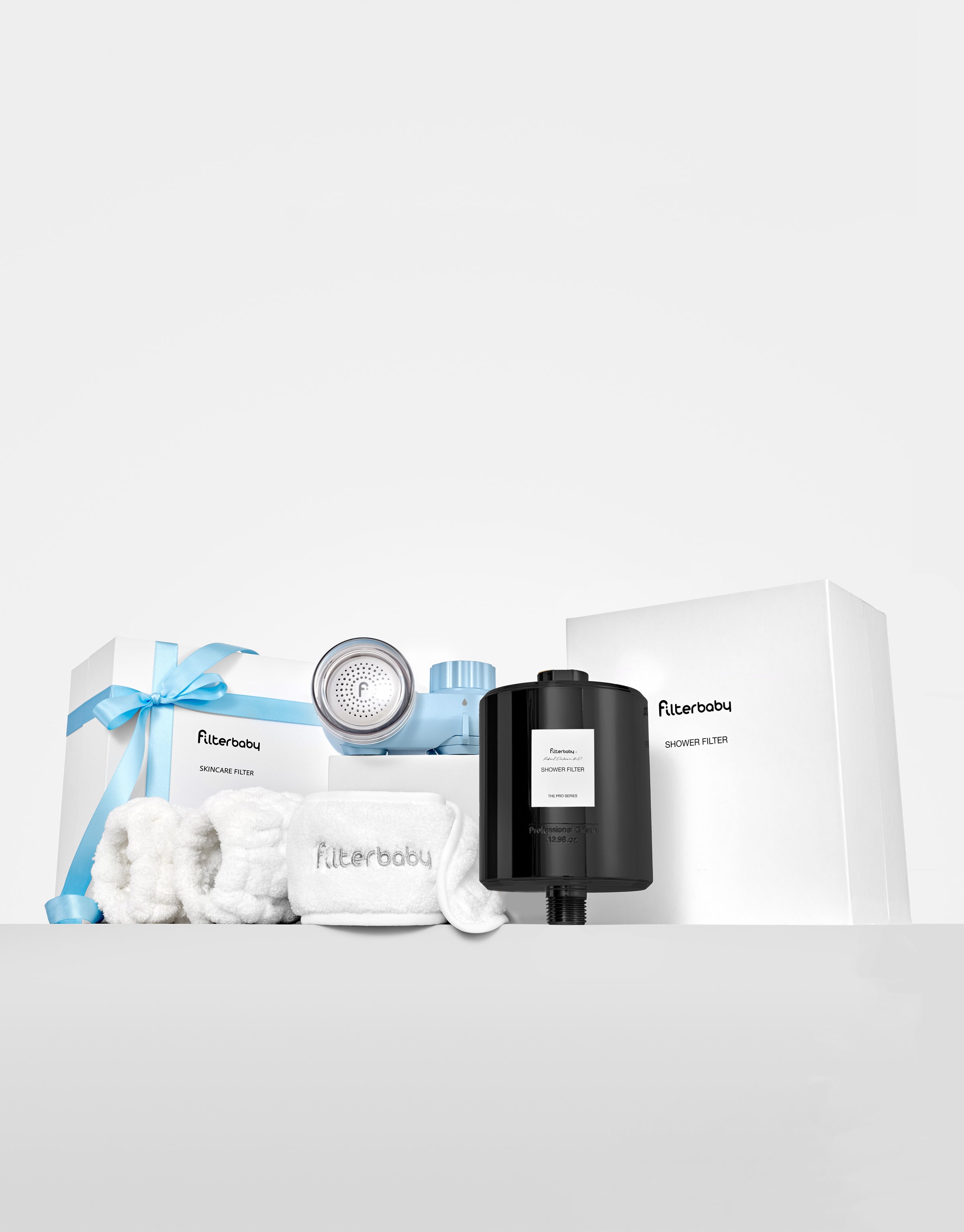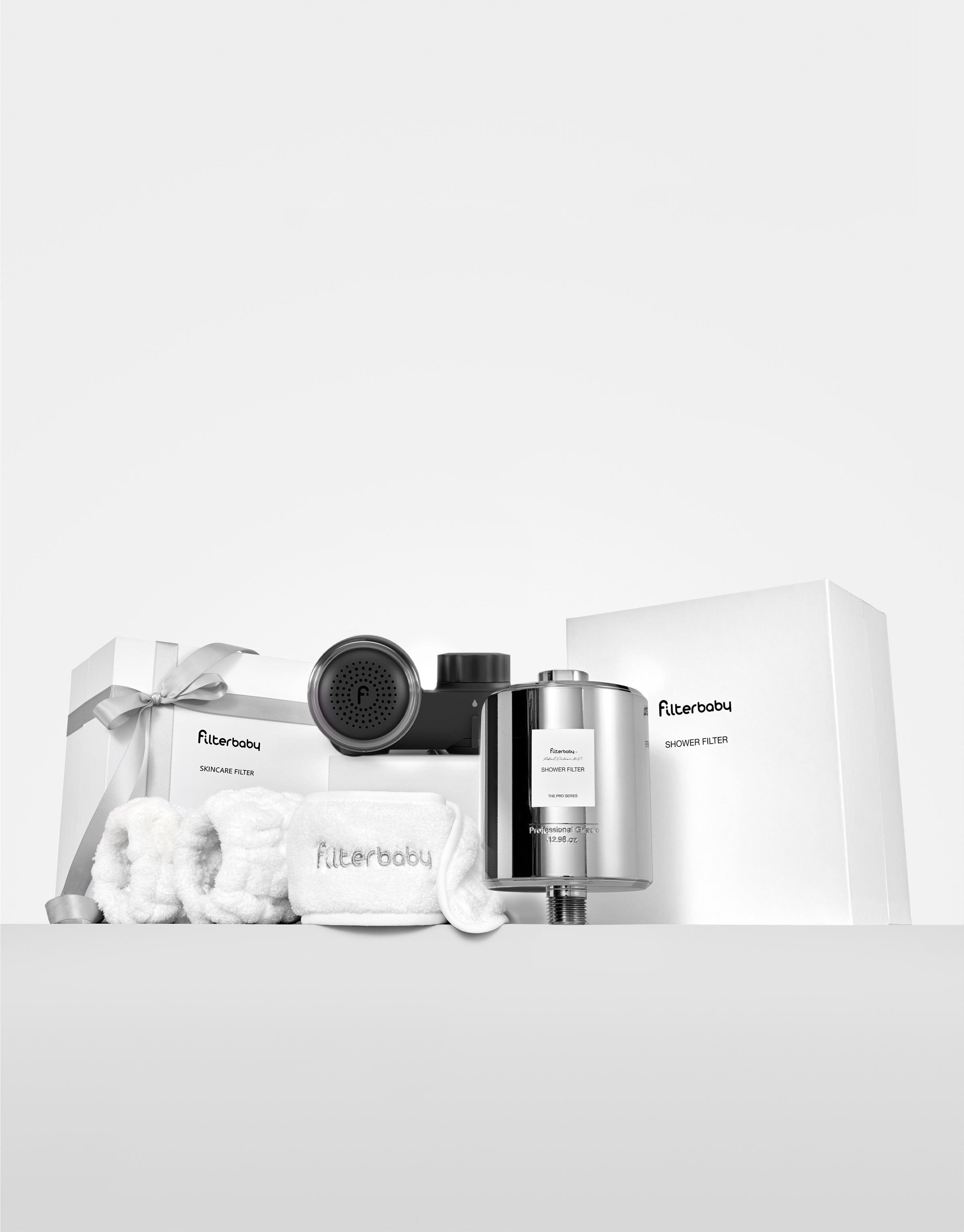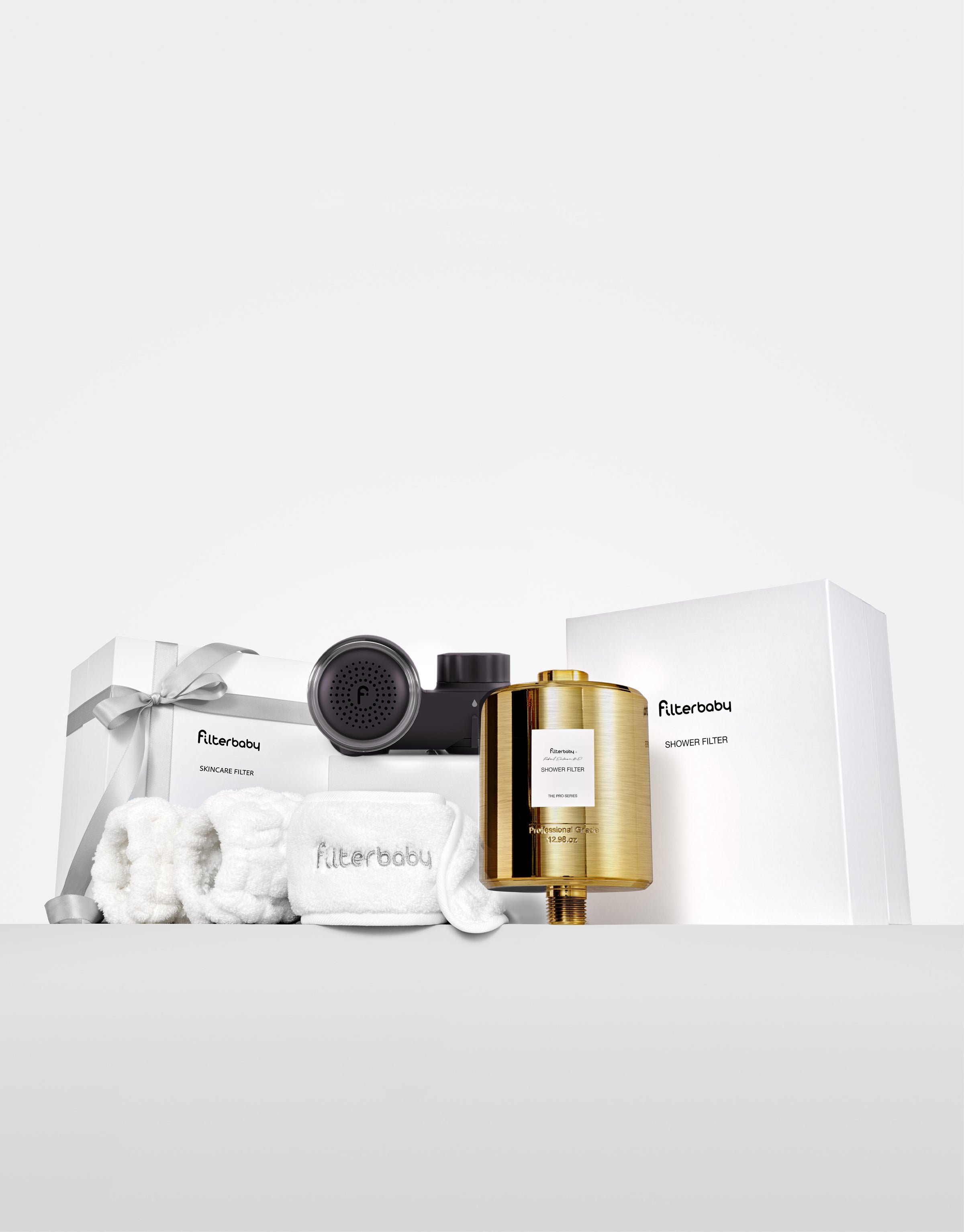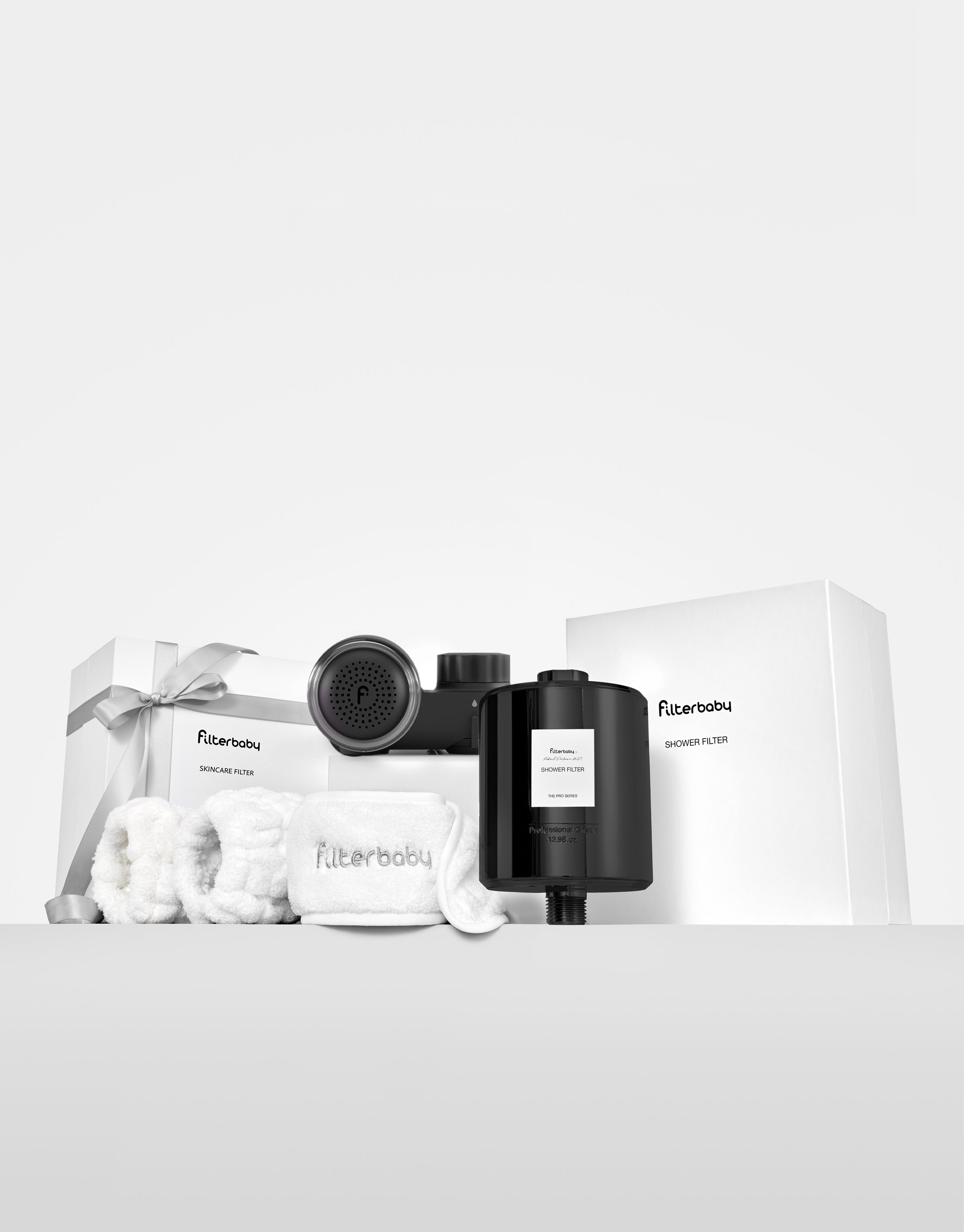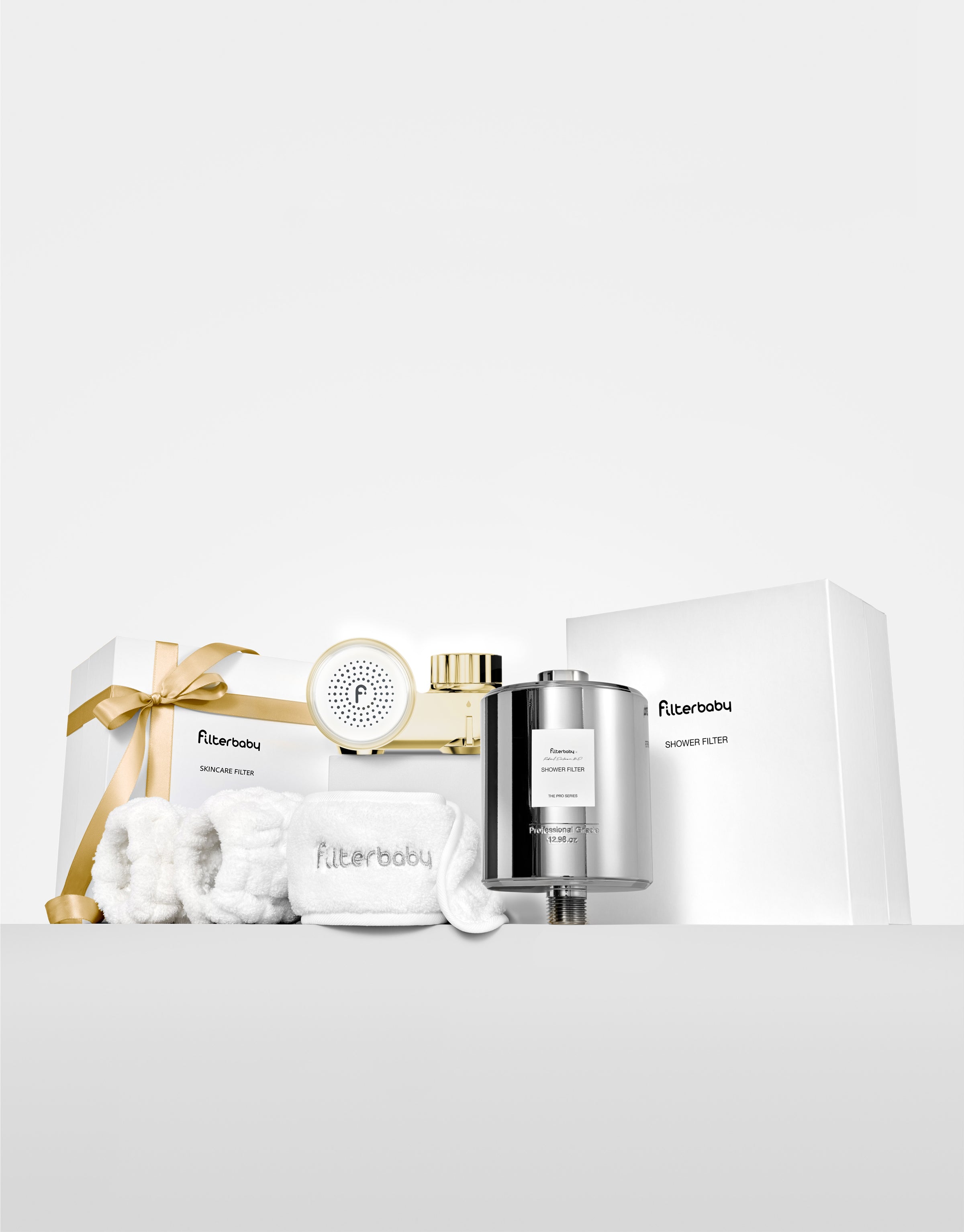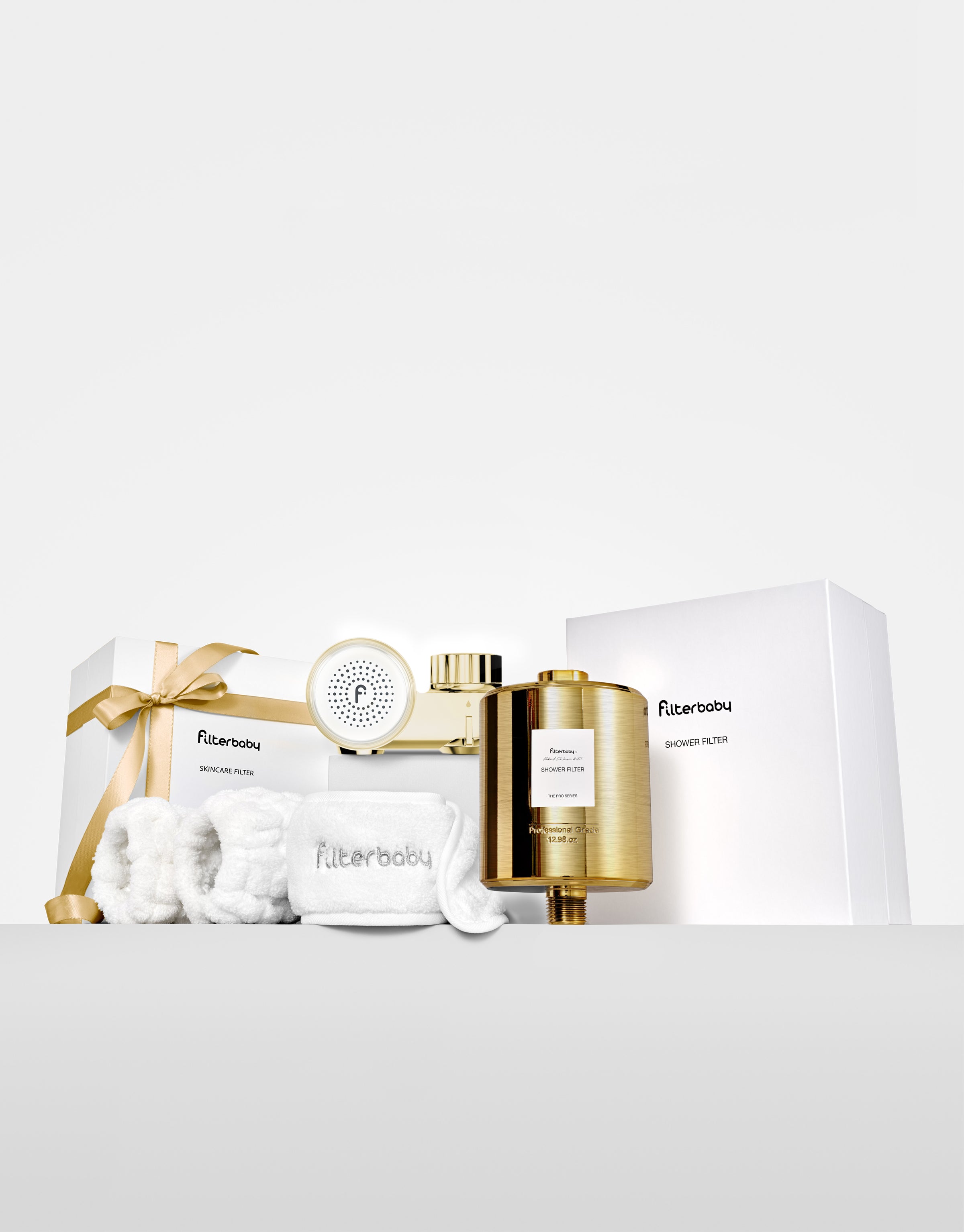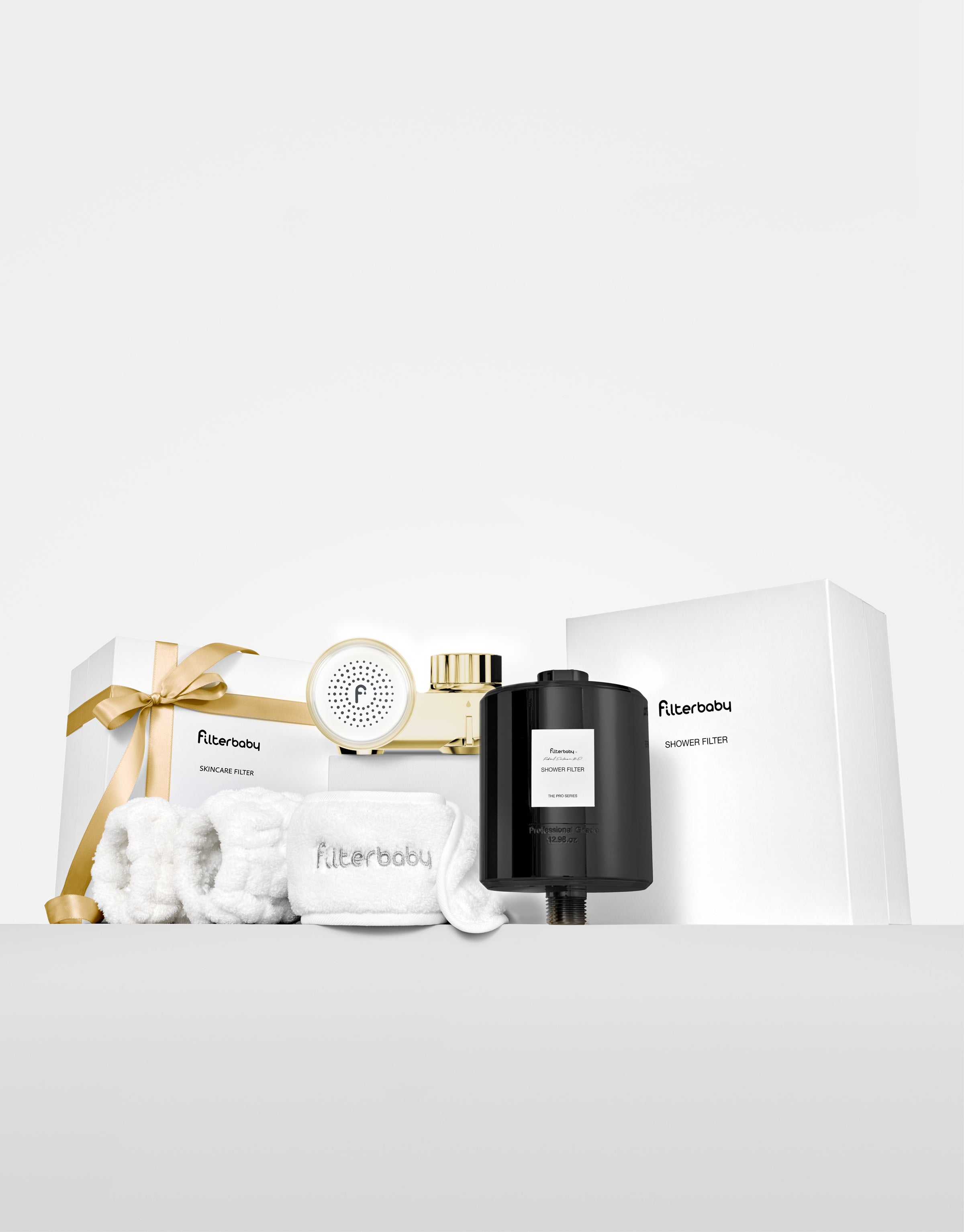Are you curious about how coffee impacts your skin? Read on for more information.
Margaret Trashian, MD

Ah, coffee - the lifeblood of many of our mornings. Whether you're sipping on a latte, a cappuccino, or just a good ol' fashioned cup of joe, chances are you're already well aware of the many benefits of coffee (hello, caffeine boost!). But did you know that coffee may also have an impact on your skin?
That's right, coffee lovers - your favorite beverage may be doing more than just perking you up in the morning. Recent research has suggested that coffee may have a number of positive effects on the skin, from reducing the appearance of dark circles to fighting signs of aging.
But before you start rubbing coffee grounds all over your face, it's important to note that not all coffee products are created equal. Some experts caution that excessive caffeine intake can actually have negative effects on the skin, such as dehydration and inflammation.
So what's a coffee-loving skincare enthusiast to do? Well, as with many things in life, moderation is key. Drinking coffee in moderation and using coffee-based skincare products in moderation can potentially provide benefits for the skin. So go ahead and enjoy that morning cup of coffee - your skin just might thank you for it!
Is Coffee Bad for Your Skin?
The way you take your coffee can have an impact on the health of your skin. If you consume your coffee with excessive amounts of sugar and dairy, it could potentially harm your skin. However, coffee consumed in moderation and without added sugars and dairy can actually provide benefits to your skin.
Sugar can have a detrimental effect on the skin by contributing to the development of wrinkles and fine lines. When sugar is ingested in large amounts, it can attach to proteins in the body, resulting in a process called glycation. Glycation can damage collagen and elastin fibers, which are responsible for the skin's elasticity and firmness. Dairy products, on the other hand, can contain hormones that can trigger acne breakouts in some individuals.
However, coffee itself contains beneficial properties for the skin. It is rich in antioxidants, such as polyphenols and flavonoids, which can protect the skin from free radical damage caused by environmental pollutants and UV radiation. Additionally, coffee can stimulate blood flow and circulation, leading to a brighter, more even complexion. Caffeine in coffee can also help to reduce puffiness and inflammation, making it a popular ingredient in skincare products.

Coffee Uses In Skincare
Cellulite is a common condition that affects both men and women, causing a dimpled or lumpy appearance on the skin. It occurs when fat cells push through the connective tissue beneath the skin, creating a bumpy texture. While there is no cure for cellulite, there are treatments that can help reduce its appearance, and one of them is the use of skincare products that contain anti-inflammatory and exfoliating ingredients.
Many skincare products contain ingredients that can help reduce inflammation and improve the appearance of cellulite. For example, caffeine, which is commonly found in coffee-based scrubs and creams, can help to reduce inflammation and improve blood flow, which can lead to a smoother, more even skin texture. Additionally, caffeine can help to tighten and firm the skin, reducing the appearance of cellulite.1
To further enhance the effects of caffeine on skincare, use filtered water on the skin to help protect it from contaminants. PROdermis by Filterbaby is the first dermatologically tested and approved water filtration device for skin care.
FAQ
What does caffeine do to your skin?
Caffeine is a vasoconstrictor, which means it makes the blood vessels constrict, or tighten. That, in turn, reduces blood flow to the skin and makes your skin look brighter and smoother.
Can I drink coffee on an empty stomach?
It is not advised to drink coffee on an empty stomach. Caffeine can increase cortisol levels, so it is important to drink water and have something to eat before drinking coffee.
How to use coffee for skin care?
Make a mixture by combining half tbsp of coffee powder, half tbsp of honey and juice of half lemon. Use this as a 'spot treatment' for your blemishes and spots. Apply it on the spots as well as on your lips and massage for a few minutes. Leave it on for 10 minutes and wash it off using cold water.
Is coffee good for skin care?
Thanks to the antioxidant-rich and anti-inflammatory flavonoids and polyphenols in coffee, it actually makes a wonderful skin-soother found in moisturizers and cleansers that reduces redness, inflammation, and helps protect against sun damage.
What does coffee do for face skin?
Fight skin problems: The caffeine and chlorogenic acids (CGA) contained in coffee beans can help reduce inflammation due to skin problems such as eczema, acne and psoriasis. Additionally, coffee grounds are promising for fighting skin infection diseases given the antimicrobial properties of their CGA and caffeine.

Conclusion
Coffee can have both positive and negative effects on the skin depending on how it is consumed or used in skincare products. When consumed in moderation and without added sugars and dairy, coffee can provide benefits to the skin due to its rich antioxidant content and ability to stimulate blood flow and reduce inflammation. However, excessive caffeine intake can have negative effects on the skin such as dehydration and inflammation.
In skincare, caffeine found in coffee-based products can help to reduce inflammation and improve blood flow, leading to a smoother and more even skin texture. Additionally, caffeine can help to tighten and firm the skin, reducing the appearance of cellulite. However, it is important to note that not all coffee products are created equal, and excessive use can also have negative effects on the skin.
Incorporating coffee into your skincare routine in moderation and with caution can potentially provide benefits for the skin. As with any skincare routine, it is important to pay attention to the individual needs and reactions of your skin and to consult with a dermatologist if necessary. Additionally, using filtered water in skincare routines can help protect the skin from contaminants, such as those found in tap water.
P.S. We did the homework so you don't have to!
- "Coffee and skin—Considerations beyond the caffeine perspective." 14 Oct. 2019, https://www.jaad.org/article/S0190-9622(19)32906-8/fulltext. Accessed 17 Apr. 2023.
